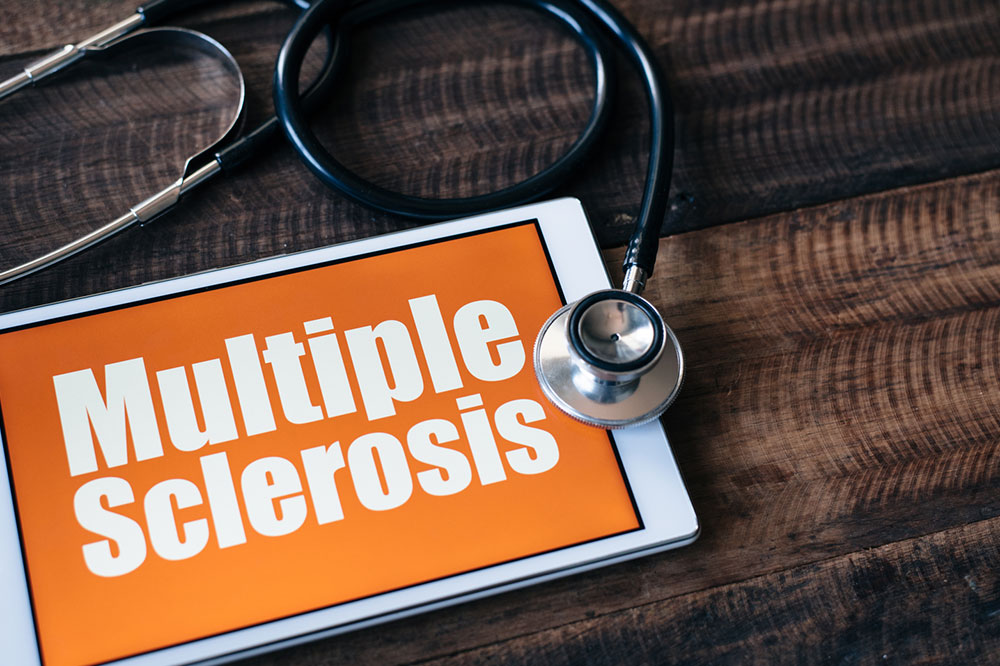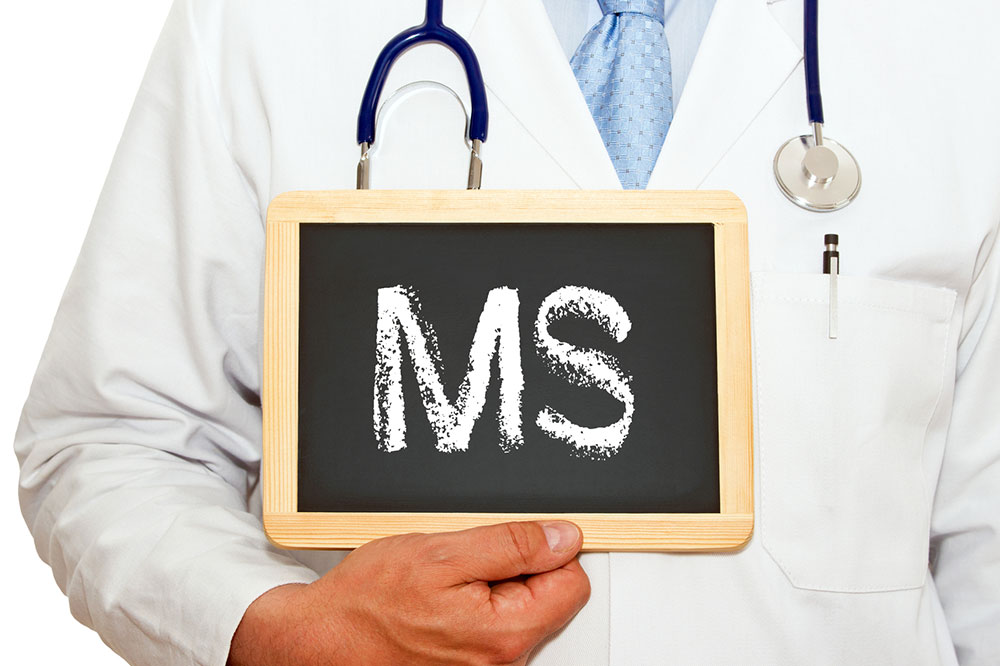Essential Insights into Multiple Sclerosis: Causes, Symptoms, and Risk Factors
Discover key insights into multiple sclerosis, including its causes, symptoms, and risk factors. Learn how immune dysfunction, genetics, and environmental elements contribute to this neurological disorder. Recognize common signs like numbness, vision issues, and fatigue to seek timely medical care. Understand the importance of early diagnosis and lifestyle choices in managing MS. This informative guide aims to increase awareness and promote health literacy for those affected or at risk.

Understanding Multiple Sclerosis
Multiple sclerosis (MS) is a neurological condition impacting the central nervous system. In MS, the immune system mistakenly attacks the protective myelin sheath covering nerve fibers, impairing communication between the brain and body.
Causes of MS
The exact cause remains unknown, but several factors contribute:
Immune System Dysfunction
A compromised immune system can attack CNS components, damaging myelin and disrupting brain functions.
Infections
Viruses and bacteria such as Epstein-Barr, measles, or human herpesvirus-6 can trigger inflammation that destroys myelin. These pathogens may cause immune reactions that attack healthy cells.
Genetics
A family history increases susceptibility, raising risk by 2.5% to 5%, compared to about 0.1% in the general population.
Environmental Influences
Higher MS incidences are seen in regions farther from the Equator, possibly due to lower Vitamin D levels, which are vital for immune health.
Common Symptoms
Symptoms depend on nerve damage extent and location. Severe cases may hinder mobility, while others experience no symptoms for periods. Typical signs include:
Weakness or numbness in limbs or trunk
Coordination issues, unsteady gait, tremors
Electrical shock sensations with neck movements
Visual problems like partial or total loss, eye pain, double vision
Bladder, bowel, or sexual dysfunction
Speech difficulties, tingling, dizziness
Persistent fatigue
Risk Factors for MS
Most affected individuals are aged 16-55
Smokers tend to have higher relapse rates
Women are 2-3 times more likely to develop MS than men
Autoimmune diseases like diabetes or inflammatory bowel disease increase risk
Temperate climates exhibit higher MS rates
Infections and vitamin D deficiency can act as triggers
Important Notice:
This information is for educational purposes and not a substitute for professional medical advice. Always consult licensed healthcare providers for diagnosis and treatment. Use discretion when interpreting medical content.










